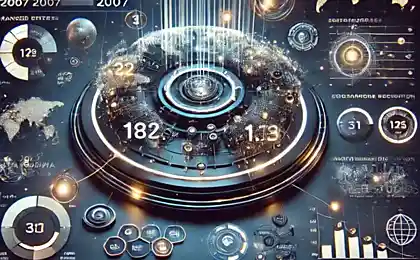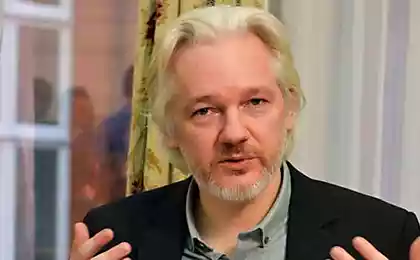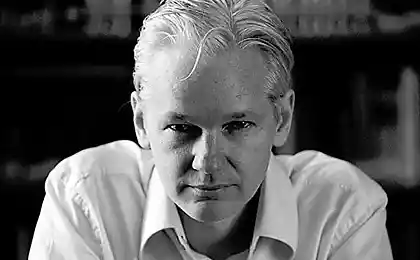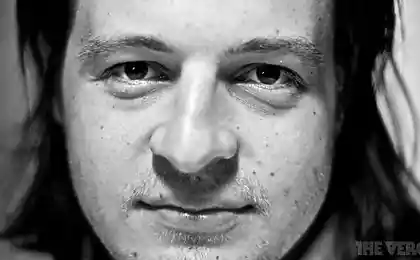715
Julian Assange: the device web is inherently totalitarian
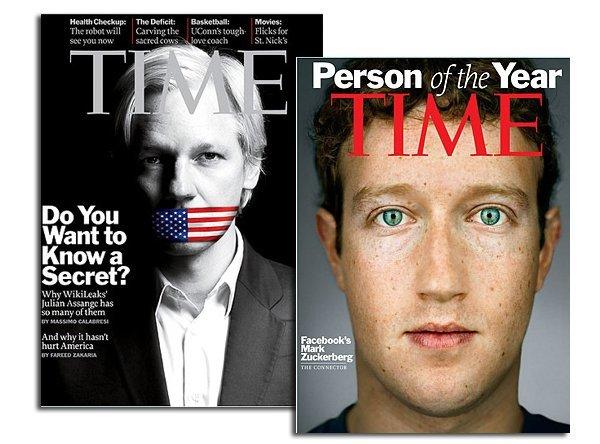
In his column Assange refers to an essay by George Orwell in 1945, "You and the atomic bomb", which predicted that the emergence of powerful and difficult to manufacture super-weapons should completely change the geopolitical situation on the planet.
Two or three of the most rich and developed countries will support the worldwide state of "cold war" (Orwell first introduces this term), while agreeing among themselves never to resort to extreme measures.
The "state of peace, where no peace" allows them to intimidate and oppress their own population, whose position is even more hopeless than before. But ordinary people will have a chance to fight with the state machine, if in their hands will be effective "cheap and easy" weapons. "A complex weapon makes the strong stronger, while a simple — if it's impossible to answer — gives claws to the weak".
Recalling Orwell, Assange draws Parallels with the totalitarian nature of the Internet and means of the struggle for freedom in a digital society.
At the moment we are focused on protecting the privacy of users, but Assange is confident that the security issue is much deeper.
In response to the scandals associated with the programs for the surveillance of citizens, activists demand to stop the abuse, punish the perpetrators and rewrite a few laws, but, actually, it doesn't change anything. The Internet was originally created kinds of surveillance that was concerned of the government and major business-structures. Towards the development of the Internet has had the opportunity to deviate from our path, but this option each time was ignored.
Unlike state agencies, which tapped international lines of communication, such Internet giants as Google or Facebook collecting data about billions of people, offering them instead of the "free services". Such a business model is the industrial destruction of privacy, said Assange.
Unlike state agencies, which tapped international lines of communication, such Internet giants as Google or Facebook collecting data about billions of people, offering them instead of the "free services". But we must not turn away from the Internet. When people founded the first city, this allowed them to unite into large groups and quickly share ideas. Something similar is happening in our era. The Internet has allowed people to communicate much more effectively, to come to consensus, to educate ourselves and to coordinate efforts to combat usurped power by force. So we have to fight for the Internet.
And for this we have a simple democratic weapons dreamed of Orwell cryptography, a mathematical technique that underlies bitcoin and most secure software for communication. Manufacture of cryptography costs almost nothing — you need a software can be written on a home computer its easy to copy and often impossible to crack.
The decline of the era of nuclear weapons was the cold war's end. Now the logic of diversity in the Internet — the key to understanding the approaching war for the intellectual center of our civilization, said Assange.
Fully read the column of Julian Assange on the fight for freedom in a digital society on the site of The New York Times.
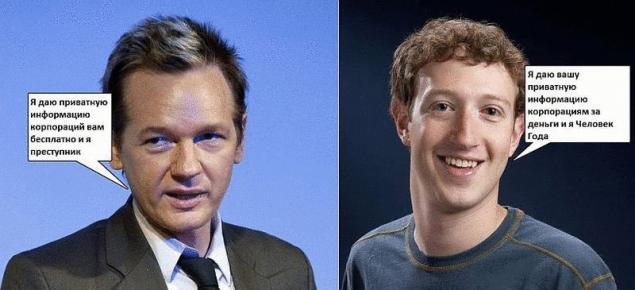
Source: theoryandpractice.ru
7 little-known medicinal infusions for recuperation in the winter
The best ice cream "Sundae" - cooking without ice cream
